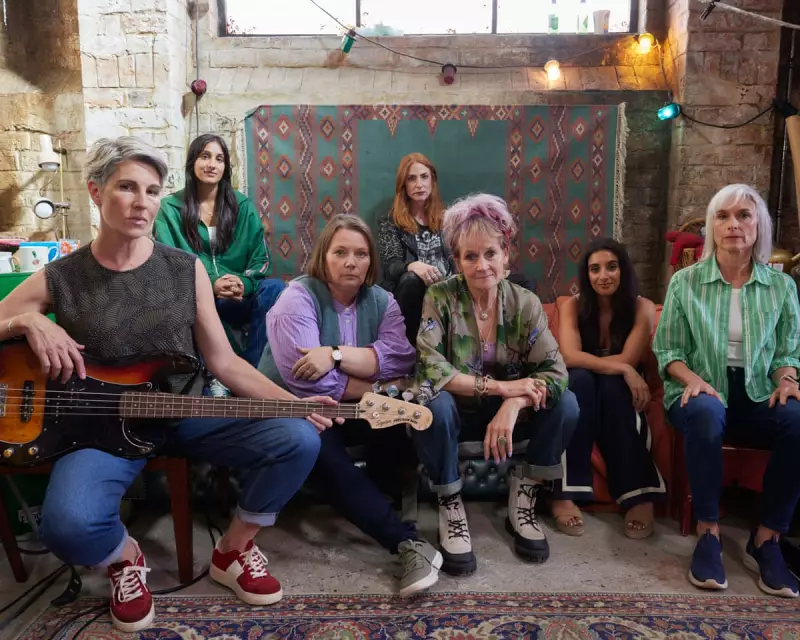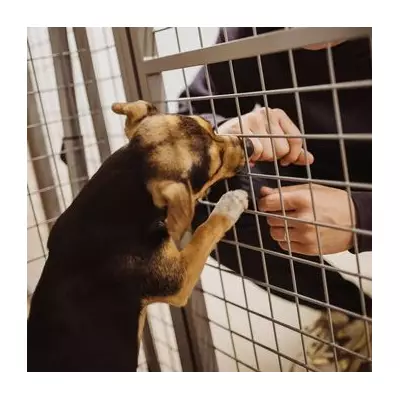
In the turbulent landscape of 1970s Britain, a revolutionary force was quietly organising, protesting, and changing the course of women's history. A powerful new documentary brings to light the untold stories of lesbian activists who formed the backbone of the women's liberation movement during this transformative decade.
The Radical Roots of Resistance
These pioneering women weren't just fighting for recognition—they were building entire support networks from the ground up. At a time when homosexuality had only recently been decriminalised and discrimination remained rampant, these activists created safe spaces, organised protests, and challenged societal norms with unwavering determination.
Building Community Against All Odds
What makes their story particularly remarkable is how they operated outside mainstream acceptance, even within some feminist circles. Despite facing marginalisation from multiple directions, they established women's centres, launched publications, and developed support systems that would become lifelines for countless women navigating their identity in a hostile climate.
The documentary reveals how these activists pioneered what we now recognise as intersectional feminism, understanding that battles against sexism, homophobia, and class discrimination were inherently connected. Their approach to organising emphasised collective action and community care long before these concepts entered mainstream activism.
A Legacy Rediscovered
Through rare archival footage and compelling interviews with the women who were there, the film paints a vivid picture of a movement that has largely been erased from popular historical narratives. These weren't just protesters—they were visionaries who understood that personal liberation was intrinsically linked to political change.
"We had to create our own world because the existing one didn't have room for us," recalls one activist in the documentary, capturing the essence of their struggle and triumph.
The timing of this documentary couldn't be more relevant, as it provides crucial historical context for contemporary conversations about LGBTQ+ rights and feminist organising. It serves as both a tribute and a vital educational resource, ensuring that these brave women finally receive their rightful place in British social history.





